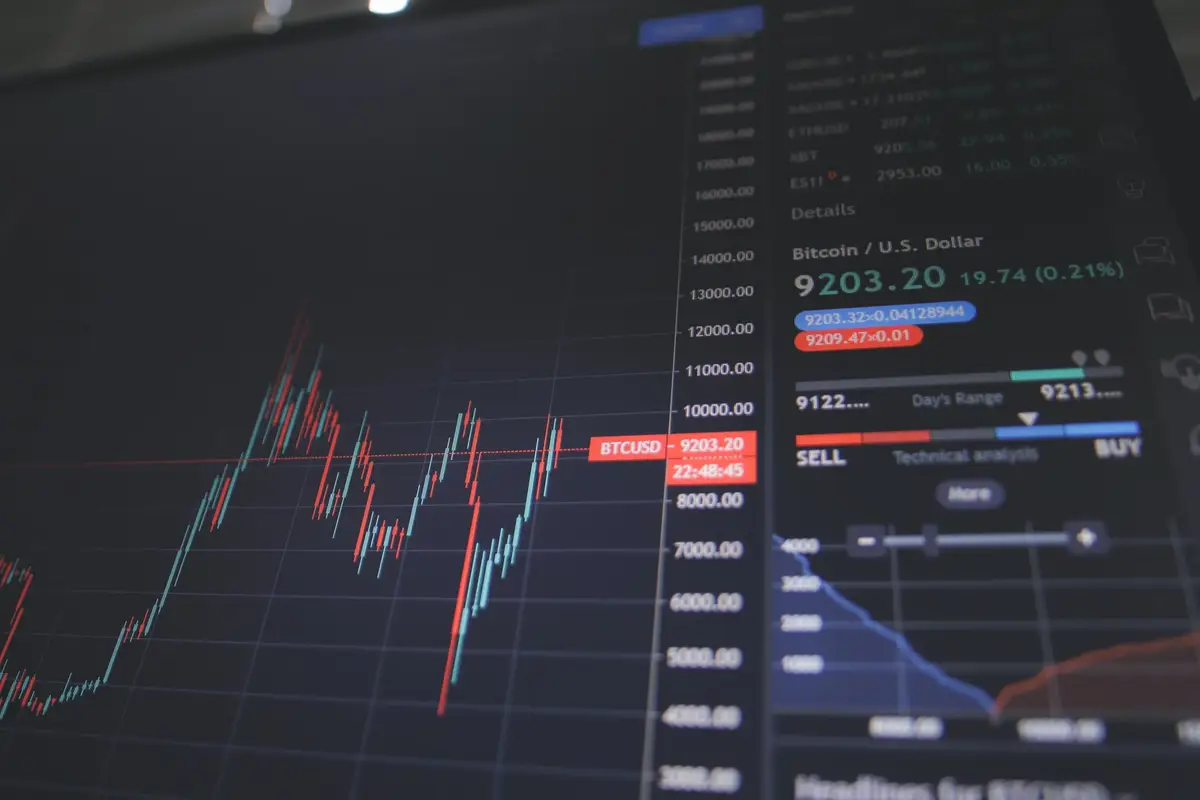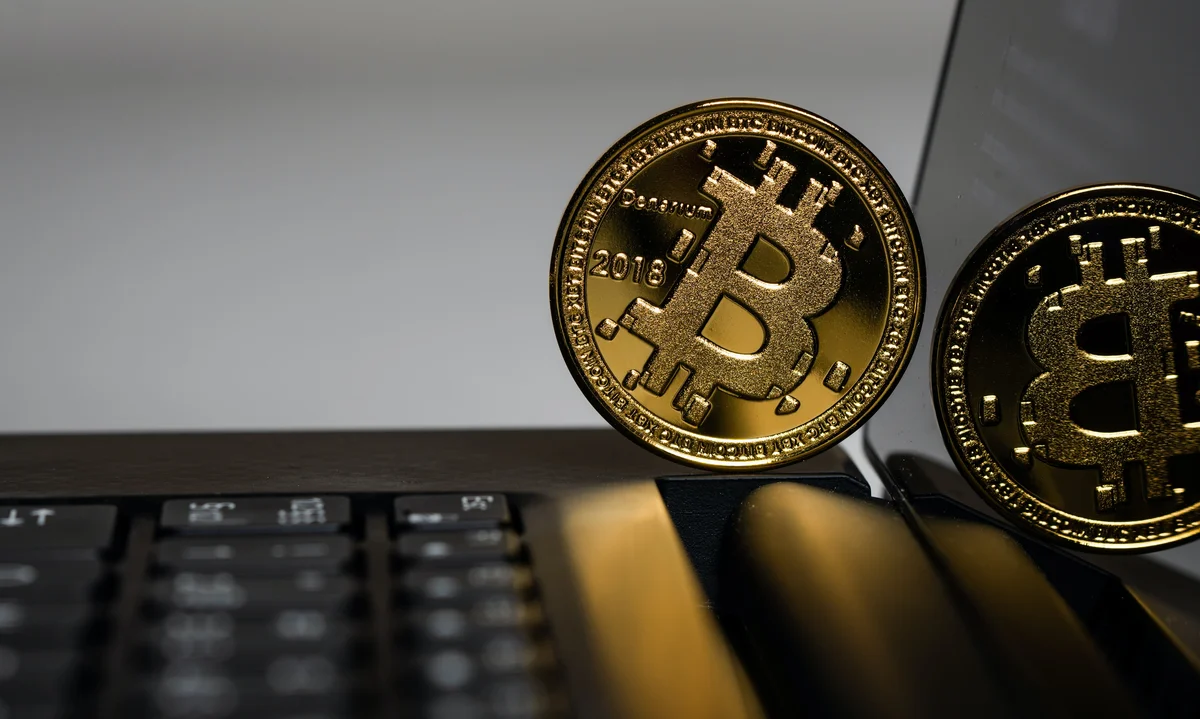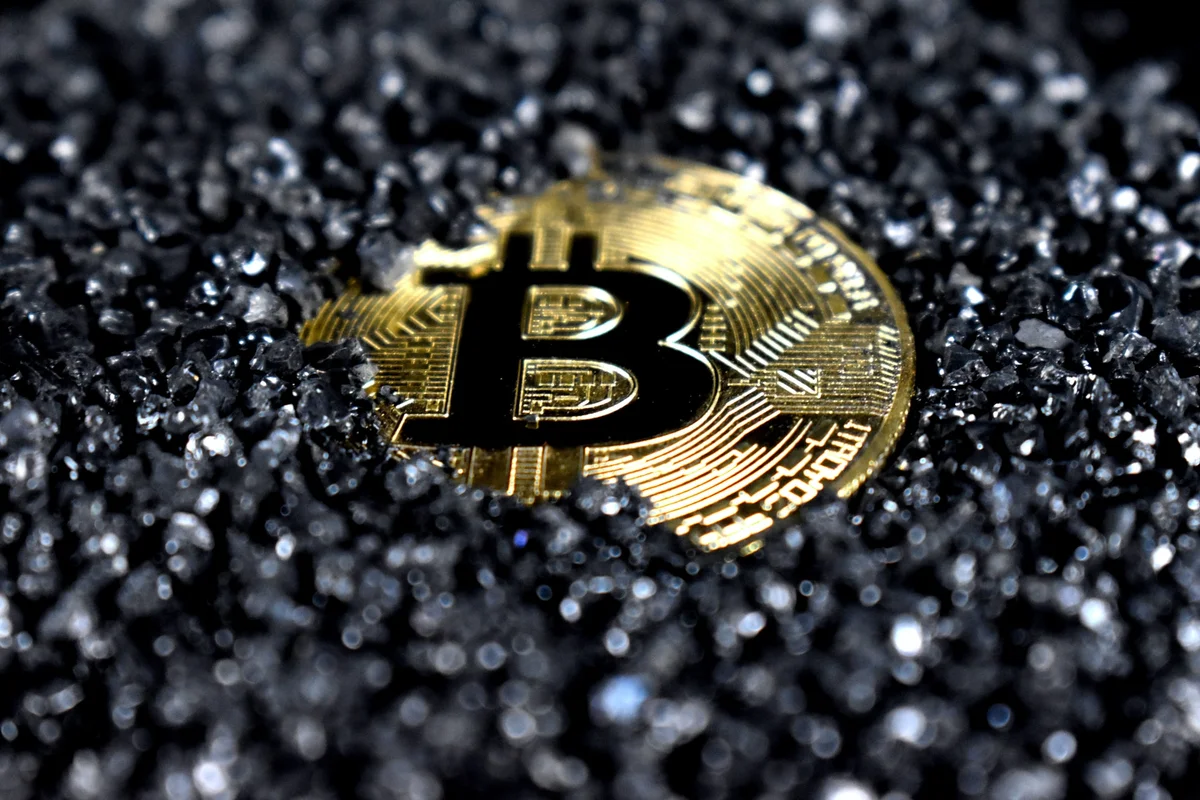What is a DeFi App
Cryptocurrency and blockchain technology is modifying the financial industry. One of the most exciting aspects of this revolution is DeFi (decentralized finance) apps, which are becoming increasingly popular. Companies have started to build a DeFi app layer on top of existing blockchains to provide users with a range of financial services, including lending and borrowing, staking, derivatives trading, and other financial applications.
DeFi apps are becoming popular because of their potential to increase access to financial services, reduce transaction fees and increase transparency. They are also more secure and resilient than traditional financial services, as they rely on public blockchains and smart contracts. However, without knowing how to use them, DeFi apps can still be difficult for the average person to access without knowing how to use them. In this blog post, we’ll go through what a DeFi app is and how it works. So, let’s get into it.
What is a DeFi App?
A DeFi app is a decentralized application (dApp) that runs on public blockchain networks like Ethereum, Binance Smart Chain, and Polkadot. Like AWS experts, DeFi developers can develop DeFi applications. These apps use smart contracts to facilitate financial transactions between users in a secure, transparent manner. Unlike traditional banks and other financial institutions, the smart contract code is open-source and can be audited by anyone.
DeFi apps have a wide range of potential use cases, ranging from lending and borrowing to derivatives trading, staking, and more. They can also be used to create decentralized financial products such as stablecoins, derivatives, and synthetic assets. DeFi apps are becoming increasingly popular because they offer users an equitable and secure way to access financial services.
Types of DeFi Apps
DeFi apps are of various types depending on the financial service or product they provide. Here are some of the most popular DeFi apps:
DeFi Banking App
A DeFi banking app allows users to access financial services like lending, borrowing, investing, savings, and more. Such apps often offer higher interest rates than traditional banks and are more secure because they run on public blockchains. These apps help you manage your funds, diversify your portfolio, and access other financial services. Examples of popular DeFi banking apps include MakerDAO, Compound, and Dharma.
Derivatives Trading App
A derivatives trading app allows users to trade cryptocurrency derivatives like futures and options. Derivatives are financial contracts that derive value from an underlying asset, such as Bitcoin or Ethereum. These apps are becoming increasingly popular because they allow users to trade various financial products without using a centralized exchange. Examples of popular derivatives trading apps include Synthetix, UMA, and dYdX.
Non-Fungible Tokens (NFTs) App
Non-fungible tokens (NFTs) are digital assets that represent unique items, such as collectibles or artwork. An NFT app allows users to create and trade these unique digital assets securely and transparently. They allow users to create digital collectibles, artworks, and other digital items that can be purchased or sold on the blockchain. Popular NFT apps include OpenSea, Rarible, and SuperRare.
Borrowing and Lending App
A borrowing and lending app allows users to lend or borrow cryptocurrency from other users on the network. By cutting out traditional intermediaries like banks, these apps offer high-interest rates and more flexible repayment terms. Borrowers can use these apps to access funds quickly, while lenders can earn interest on their cryptocurrency. Popular borrowing and lending apps include Compound, Aave, and Nexo.
Decentralized Crypto Exchanges
AppDecentralized crypto exchanges (DEXs) are apps that allow users to trade cryptocurrencies without relying on a third party. They offer better security, privacy, and transparency than traditional centralized exchanges. It makes these exchanges the preferred choice for users who want to trade cryptocurrencies without worrying about their funds being stolen or mismanaged. Examples of popular DEXs include Uniswap, Balancer, and Curve Finance.
DeFi Crowdfunding Platforms
A DeFi crowdfunding platform allows users to raise funds from other users directly. These platforms don’t require intermediaries and offer flexible repayment terms with low transaction fees. They are operated by a team of experts that own their tokens and share the profits with their users. Popular DeFi crowdfunding platforms include PoolTogether, Provision, and CrowdfundX.
How Does DeFi App Work?
DeFi apps are designed to run on decentralized networks such as the Ethereum network. They are powered by smart contracts that enable users to access financial services without needing a centralized intermediary. It helps make DeFi more secure and equitable for all involved parties. Smart contracts also automate various processes, making them faster and more efficient than traditional methods.
DeFi apps are transforming the traditional financial system from peer-to-peer lending to derivatives trading and making it more accessible. They offer users access to more financial products, secure transactions, and higher returns. As more people flock to DeFi, the potential of these apps will become even greater. It’s time to get ready for the future of finance.
What are The Key Features of the DeFi App?
DeFi apps offer users a wide range of features. Following are some of the key features offered by DeFi apps:
Decentralized Data Storage
All data stored on the blockchain is immutable and secure, making it difficult for hackers to steal or manipulate user funds. The usage of an off-chain database is also provided for data storage.
Secure and Efficient Transactions
DeFi apps use smart contracts to ensure all transactions are secure and efficient. The code is immutable, meaning it cannot be changed once deployed. It provides users with assurance that their funds are safe and secure.
Low-Cost Service Provider
DeFi apps offer users low-cost services with no minimum deposits or withdrawals. It makes them more attractive to users who are looking for better returns on their investments.




